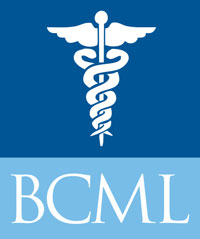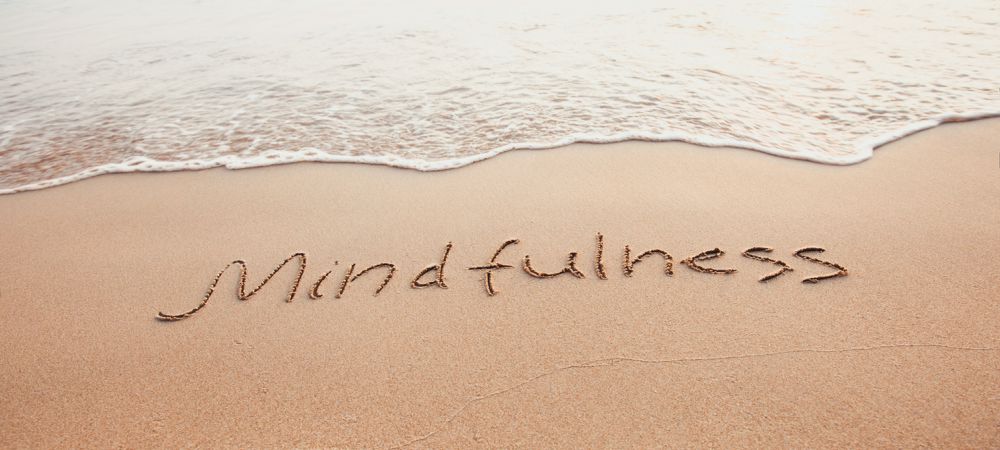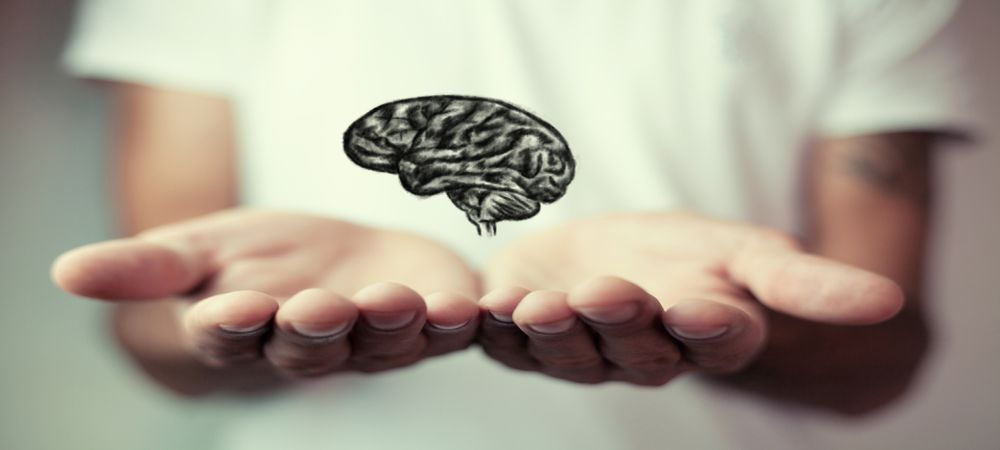According to a 2020 Nanos Survey, twice as many Canadians report experiencing constant stress since the rise of the pandemic compared to before. Stress, anxiety, and depression are extremely common conditions that can affect anyone at any time. Now, with these issues increasing daily across the country, mindfulness for mental health has become an important topic.
Can meditation help you feel better? Here we will look at the connection between mindfulness and mental health and how you can begin experiencing the potential benefits of meditation practices.
Is Meditation Good for Your Mental Health?
A 2012 review of anxiety studies showed that meditation may have a positive effect on acute anxiety. Similar studies have also suggested that common issues like high blood pressure, depression, and chronic pain can also be aided by meditative practices.
Why is this so important? While meditation is not a cure or guaranteed treatment for mental health concerns, it can be a healthy, supportive coping tool to help manage symptoms. Additionally, meditation is free, does not involve medications and anyone of any physical ability can practice it.
However, it is important to note that chronic mental health conditions may not respond to meditation. Additionally, about one in twelve people may experience a worsening of certain symptoms. This is thought to be due to the mind fighting against the attempts at calm and/or may be a sign you should try another form of meditation.
So, is meditation good for your mental health? The ultimate answer is that it will likely have a positive effect but does not work the same for everyone. If you are new to finding the connection between mindfulness and mental health, it is best to start slowly and manage your expectations. We will look at ways to start mindfulness slowly later in this post.
What are Meditation and Mindfulness?
Meditation: includes various exercises to clear one’s mind and achieve physical relaxation. However, this does not mean your goal should be perpetual calm or an absence of thought. Meditation is, instead, often used as a way to allow yourself to think freely without judgment of your own thoughts.
There are many ways to practice meditation to achieve different effects. For most people new to meditation, this will include some form of controlled breathing exercise, sitting quietly to clear your mind, or taking a walk where you learn to focus on the feel of each step instead of your inner thoughts.
Mindfulness: and meditation are opposites of each other but can be practiced together. It can be somewhat more difficult to define mindfulness as you can choose to be mindful of many things. For example, a common mindfulness goal is achieving a compassionate, judgment-free state of mind. It can also simply be to be aware of and live in the moment where you are not allowing the past or future to intrude on your present thinking. While meditation is typically performed in a quiet space, mindfulness can be practiced anywhere even when there are other noises or people.
Mindfulness Meditation: is designed to clear one’s mind. Breathing exercises or focused walking could fall into this category. Instead of being mindful of more complex things like emotions or concentrating on the present, you focus on your physical movements or breathing.
What to Expect When you Begin Meditation
One of the ways to increase your success with mindfulness and meditation is to manage your expectations. The first time or even the first several times you sit down to meditate you may find that you cannot focus on just your breathing or any one thing. This is very common and normal. Meditation, like all things, takes practice.
Gradually, over the course of weeks or months, you may find that you can achieve a calm, meditative state much more easily. Ideally, this calm will remain with you even when you are not actively meditating. As you continue, you may find your thoughts are clearer and you can focus more readily.
Simple Ways to Begin Meditation and Mindfulness Practices
Starting new habits can be daunting. Our personal psychology often seems stacked against us when we attempt new behaviours.
However, mindfulness and meditation can be practiced on all levels and started with only a few minutes a day in some cases. Here are some top ways you can easily begin good meditation and mindfulness for mental health practices:
- Set Aside Time to Practice: The simplest way to get started with meditation is to set aside time each day to sit quietly without distractions. When possible, use the same spot and time of day consistently. This will help you get into regular practice.
- Follow a Guided Meditation: A wealth of guided meditation videos or audio recordings can be found easily online. Some will have specific goals like helping you to concentrate while others will help you focus your breathing. These can be especially helpful if you find that you cannot stop intrusive thoughts. The recording itself will give you something to focus on.
- Practice Being in the Moment: If you find that you are struggling to enjoy simple experiences like a nice meal or a conversation, try to be mindful of your current activity. One way to do this is to allow yourself a set time for a certain activity and commit to focusing on that one thing for that duration. For some, allowing a specific time for a meal without other distractions can help you enjoy your food more and control your portions.
- Take a Break from Your Phone: Our phones and computers are great tools for many things (like guided meditations for example) but they are also major distractions. If you feel that you are stressed because you are constantly scrolling through social media, reading news updates, answering texts, etc. then consider a timeout from your electronic devices.
During that time, consider reading a book, writing in a journal, or even doing a jigsaw puzzle. If possible, have an in-person conversation with a friend or loved one where you do not stop to check your phone during that time.
This particular option may prove difficult for many as addiction-like reliance on our phones and the internet is a very real concern. However, if you can stick with this, you will find that it gets easier to stop constantly looking at your phone.
When to Seek Help for Mental Health Concerns
While there can be benefits of meditation for most people, it is not intended to be a cure or proven treatment for mental health conditions. Anxiety, depression, and other mental health concerns are extremely common and can affect anyone. If you find that your mental health is affecting your ability to function or you experience chronic or severe symptoms, it is time to seek professional help.
Both medications and professionally guided therapies can help to reduce or control symptoms of mental health conditions. Underlying physical issues may also be contributing to your stress, anxiety, or depression. A medical evaluation will help identify the causes and ensure you are getting proper support and treatment.
Final Thoughts on Meditation, Mindfulness and Mental Health
Like with most habits, beginning a meditation routine is something you should give time to before expecting results. Treat yourself with compassion and understand that missing a day or two in your routine is not a failure.
It is an opportunity to regroup and try again or to focus on a different method of meditation. In short, finding balance in mindfulness and mental health is intended to be a marathon, not a sprint. Most importantly, if you find that your symptoms are not manageable, seek professional evaluation and care.
At BCML, we are here to support you in all your physical and mental health needs. To schedule an appointment with our caring and knowledgeable physicians, please call 416-929-1900 .




